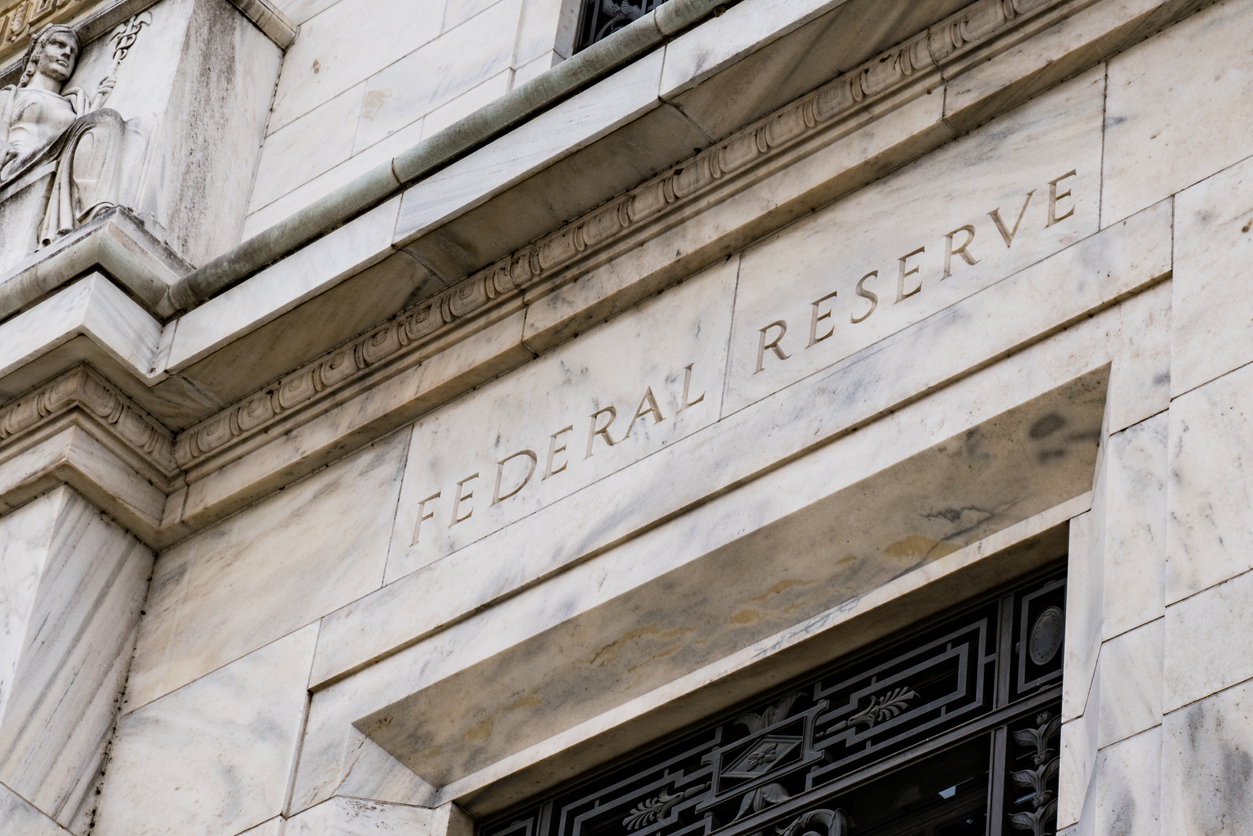The US Federal Reserve Board is increasing its oversight of banks and all of their activities involving crypto. This has led to the creation of a new program that would allow for increased monitoring from the Fed over these banks.
Addressing Risks Associated With Financial Innovation
The US Fed has announced the creation of the ‘Novel Activities Supervision Program.’ In its letter dated August 8, the Fed stated that this program is aimed at enhancing the agency’s supervision of banks offering novel activities related “to crypto-assets, distributed ledger technology (DLT), and complex, technology-driven partnerships with nonbanks to deliver financial services to customers.”
The Fed recognizes the remarkable impact that financial innovation like crypto assets can have on the US economy and even US customers, as it can foster competition, reduce costs and create products that are better suited to the needs of US customers.
However, it also understands that as these innovations disrupt the financial and banking systems, they could also bring about “novel manifestation of risks” that could impair the “safety and soundness of banking organizations.”
As such, instead of curbing these innovations, the agency is moving to adapt to the evolving financial landscape by introducing programs like the Novel Activities Supervision to sufficiently address issues that may arise from the novelty of these activities.
The first step the Federal Reserve will take is to notify supervised banking organizations offering “novel activities” that their activities will be subject to examination through the program.
To ensure compliance, the agency will adopt a risk-based approach by periodically evaluating and updating which banking organizations should be subject to the examination, and they will be notified accordingly. Additionally, it will “routinely” track the activities of the supervised banks exploring novel activities.
Crypto-Asset As A Novel Activity
The Federal Reserve listed crypto-asset-related activities as a novel activity that will fall under its supervisory purview of banking organizations offering these services. These activities include crypto custody, lending, trading, and issuing and distributing dollar-backed stablecoins.
As part of additional information to its new program, the Federal Reserve also provided guidance on the process by which Fed-supervised state banks must follow before engaging in certain dollar tokens or stablecoin activities.
Any supervised state bank looking to issue, hold, or trade dollar tokens must prove to its Federal Reserve supervisors that it has “appropriate safeguards” in place to transact safely and soundly.
This new program undoubtedly legitimizes blockchain technology and cryptocurrencies. Furthermore, it provides regulatory certainty for banks on how to offer and deal with crypto. With this, we could see more banking organizations exploring and adopting cryptocurrencies into their operations.
Since the Federal Reserve recognizes the role that non-banks and technologies play in the future of banking, we could also see more banks partner with crypto firms and exchanges, which could help bolster the fiat on-ramp.
The announcement from the Fed comes one day after payments platform PayPal launched its owned stablecoin named PYUSD. The PayPal announcement has since led to concerns about centralization, as well as calls for more regulatory oversight for stablecoins.










